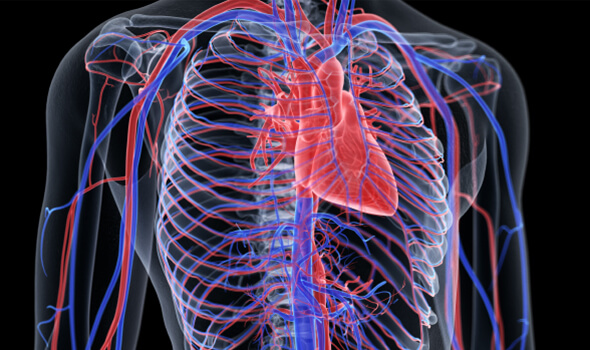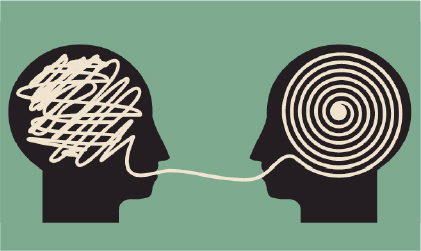Hypertension can be either primary, where no root cause is known, or secondary, caused by other medical conditions, like diabetes or chronic kidney disease (CKD). The combination and type of medications prescribed to the patients depend on patient medical history, background, comorbidities, age, and lifestyle.
The ACC/AHA, in the latest guidelines, has emphasized individualized cardiovascular risk measurement by ambulatory and home BP monitoring as crucial steps, in addition to clinic BP checking. Also, the ACC/AHA advices the physicians, the nursing staff or the nutritionist to provide a much-needed lifestyle modification education to the patients- BP of 130-139/80-89- with a <10% cardiovascular disease risk over the next 10 years and a more aggressive approach for those with a >10% risk of the onset of cardiovascular disease.3 Several types of drugs are prescribed to curb hypertension, such as diuretics; beta blockers; renin-angiotensin-aldosterone system blockers (RAASs)- angiotensin-converting enzyme inhibitors (ACEI), angiotensin receptor blockers (ARBs); and calcium channel blockers (CCBs).8,9 Diuretics, calcium channel blockers, and RAAS blockers form the first line of treatment.


















